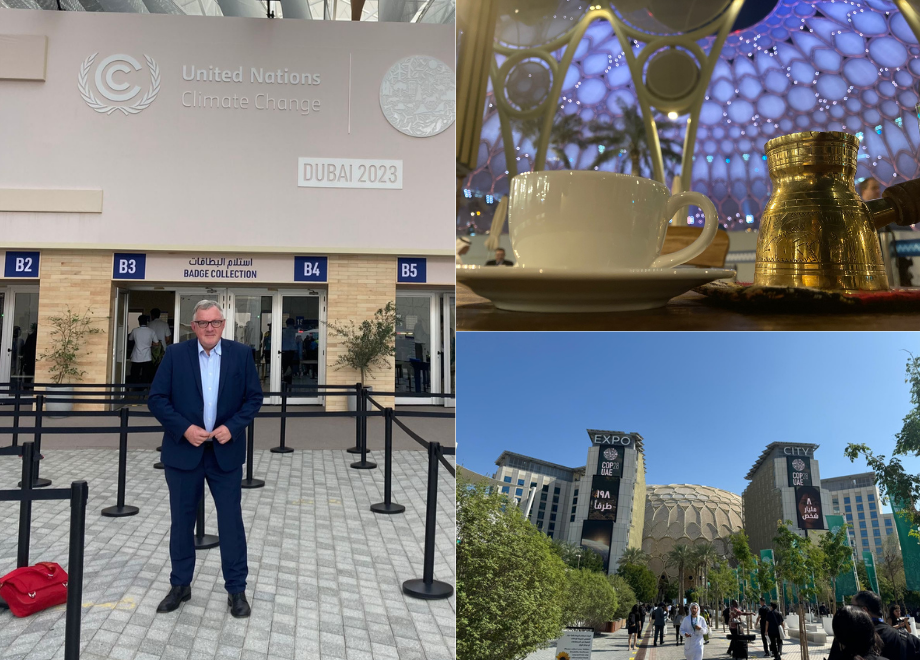Was the COP28 climate summit in Dubai a success or a failure? UFZ climate economist and DKKV board member Reimund Schwarze comments on the results of COP28 in a statement.
The main task of the COP was the global stocktake, which informed the states about their current national climate targets and contributions and at the same time formulated proposals for improvements. The Paris Climate Agreement had brought universal mobilization for climate action, but system transformations were needed that were geared towards resilience to climate change and a continuous reduction in emissions of all greenhouse gases. The stocktake makes it clear that current global emissions are not compatible with the 1.5C target. Clear action is therefore required, an increase in national ambitions as well as the actual implementation of promises.
Another decisive factor at the COP was the struggle between phasing out or phasing down fossil fuels. Agreement was reached on the wording phase down, “in a just and orderly manner, accelerated in this decade and leading to net zero emissions by 2050.” Depending on national targets and laws, any zero-emission and low-emission technologies, e.g. renewable energy, nuclear energy, traditional energy sources, can be used as long as they are offset by technologies such as carbon capture and storage (CDR).
Schwarze clearly argues that effective global pricing of CO2 and other greenhouse gases is unavoidable. Climate finance is therefore a driver and major enabler of climate action that must be mobilized at national level. He went on to conclude on the question of whether the COP had failed: “Yes and no”. The summit failed in that it did not address the causes of the ambition and implementation gaps defined in the stocktake. However, on the other hand, the Loss and Damage Fund and the significant increase in financial commitments for mitigation and adaptation are a clear sign that action is urgently needed.
You can find the entire article here.


